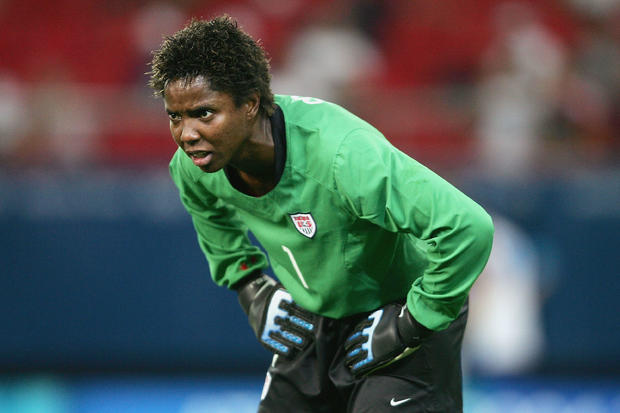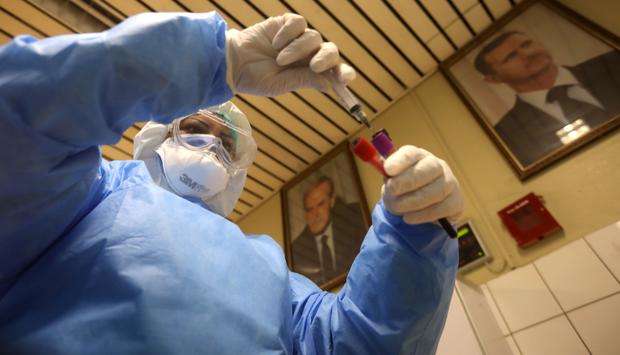[ad_1]
Hayley Hodson had Olympic dreams from a young age.
“Without a doubt, an Olympic gold medal,” Hodson told CBS News.
Hodson excelled as a star volleyball player at Stanford, but she suffered a concussion at practice during what her coaches called the “courage” drill.
“It really felt like target practice,” Hodson said. “And I was the target.”
Hayley said less than two weeks later she took another ball to the head, in almost the same spot.
“The rest of the season is frankly a blur,” Hodson said. “It was so far beyond, like, pain or, like, a sadness, I was like, ‘I’m not functional.'”
A CBS News investigation has examined a gender gap when it comes to research about injured players. The majority of research about the effects of concussions on athletes is based on men, which may be leaving women without the care they need.
A study in the journal Research in Sports Medicine published in 2021 found that the number of young female athletes treated for concussions has tripled in the last twenty years. However, 80% of sports concussion research has focused on men, according to a 2022 study published in the British Journal of Sports Medicine.
“It’s not always the obvious instances that you see, where a concussion occurs,” said Briana Scurry, who won gold medals in both the 1996 Atlanta Olympics and the 2004 Athens Olympics for the U.S. Women’s National Soccer Team.
Shaun Botterill / Getty Images
Scurry said that it was a knee directly to her temple during a 2010 game in Philadelphia that sent her career— and her life — into a tailspin.
“I had these headaches that were streaming from behind my left ear every day for three years,” Scurry said.
She was declarative when asked if enough is known about concussions in women’s sports.
“Absolutely not,” she replied.
“Your daughter is more likely to get a concussion playing soccer than your son is,” cognitive neuroscientist Dr. Chris D’Lauro told CBS News. “But 80% of the data is from male patients who are more like your son.”
D’Lauro co-authored last year’s study in the British Journal of Sports Medicine. That study found that “women are more likely to receive a concussion than male athletes playing the same sport.”
“If we’re gonna take care of our athletes, we need to get information to equip all of our physicians, our coaches, our administrators to make sure that they feel empowered to take care of their own brains,” D’Lauro said.
[ad_2]
Source link







